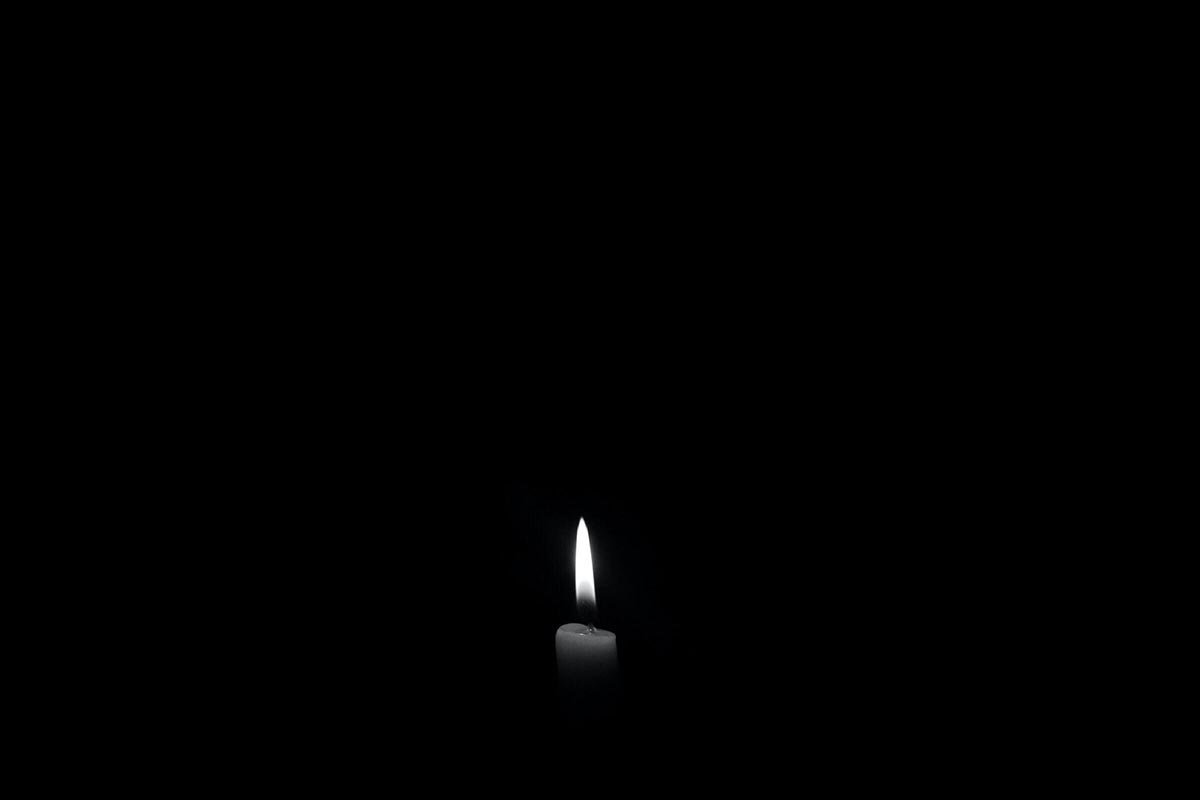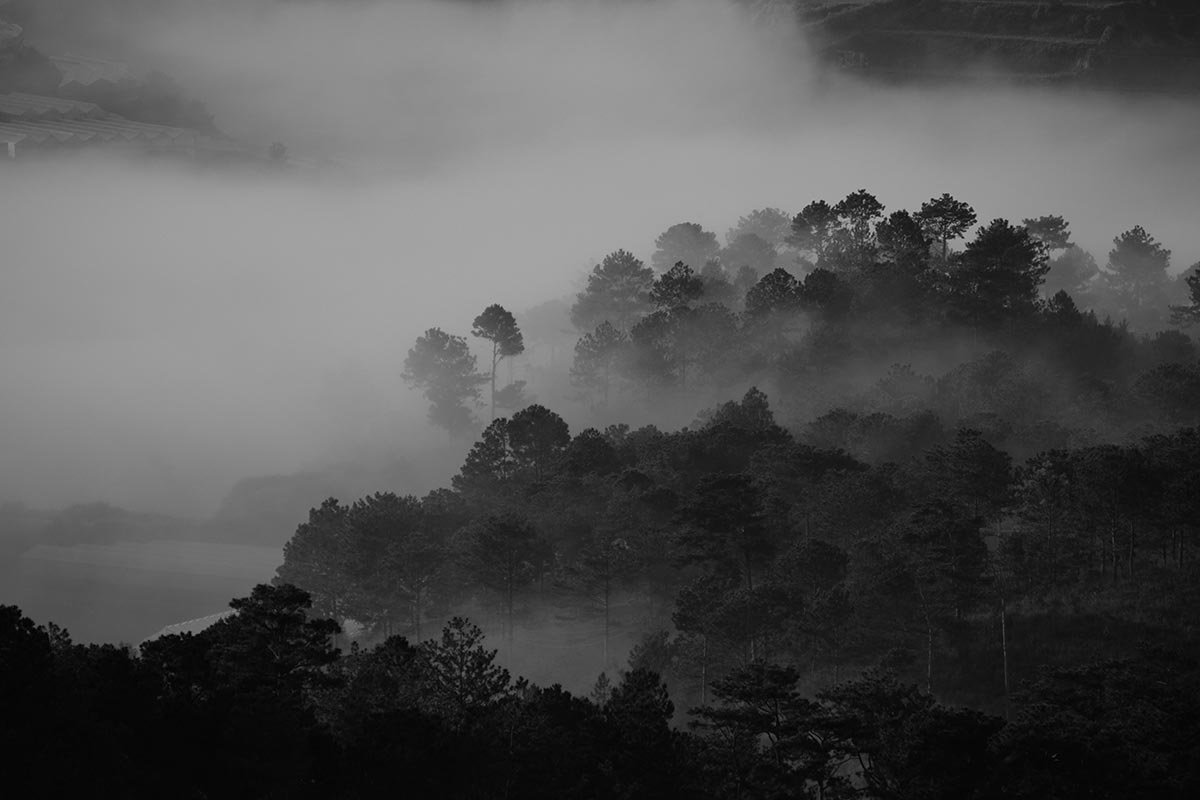What is nyctophobia?
A severe phobia of the dark is called nyctophobia. The term for night in Greek is the source of the name. Nyctophobia is a fear of the dark and being alone in it in both children and adults. They might experience uneasiness in dimly lit areas, and they might struggle to fall asleep there.
Providers may refer to a fear of the dark as scotophobia or lygophobia. Severe nyctophobics may avoid any environment with insufficient light if left untreated. They might avoid social settings that call for being outside after dark by staying inside once the sun sets.
Nyctophobics who experience sleeplessness may often experience daytime weariness and possibly have problems maintaining employment. Different sorts of therapy can aid both adults and children with this disorder.
What is a phobia?
An anxiety disorder is a specific phobia. Adults and children with these diseases develop an unreasonable, acute fear of something that is truly harmless. People who suffer from phobias respond in an exaggerated, irrational manner to things that many other people find unnerving.
Nyctophobia is a type of specific phobia disorder that is characterized by an excessive dread of a certain circumstance or object. If you suffer from a specific phobia disorder, you could do anything to avoid the thing or circumstance that makes you feel uncomfortable.
How common is nyctophobia?
Nyctophobia is fairly widespread, especially in young people. Nearly 45% of kids, according to some researchers, experience an unusually high fear of some kind. One of the most prevalent fears among children between the ages of 6 and 12 is a fear of the dark. Nyctophobia is typically outgrown by puberty, however it isn't always.
In the past year, 9% of adults in the United States have had a specific phobia disorder. Over 12% of adults have experienced a particular phobia at some point in their lives. Women are more likely than men to have particular phobias. However, anyone can obtain them.
Who is at risk of nyctophobia?
Children are significantly more often than adults to experience nyctophobia, however people of all ages can experience a fear of the dark. This kind of phobia is more prone to develop in kids and adults who have experienced a traumatic or upsetting experience in the dark, especially if the event occurred in the dark. Every time the lights go off or even just when you think about being in the dark, memories of that horrible event can resurface. This suggests that nyctophobia may manifest as a complication of post-traumatic stress disorder (PTSD).
Nyctophobia can also manifest as a result of seeing a spooky movie or hearing a distressing tale. These horrific visions might play over and over in your head, or those of your child. Additionally, if it's too dark for you to see, you might be concerned that the frightful objects exist.
You might have an increased potential of developing any type of specific phobic disorder if you have:
- Depression.
- Substance use disorder.
- Generalized anxiety disorder (GAD).
- History of mental illness.
- Obsessive-compulsive disorder (OCD).
- Other phobias or a history of phobias in your family.
- Panic attacks or panic disorder.
What causes nyctophobia?
According to some academics, our ancestors may have once experienced a fear of the dark. The dark was exceedingly scary many, many years ago when our ancestors lived and slept outside. Our ancestors had to be vigilant to survive since predators prowled the nighttime landscape.
Nyctophobia, however, is more than just a fear of the dark. This phobia affects both children and adults, and it is basically a fear of the unknown. Many kids are terrified of ghosts, monsters, or robbers in the dark. When the lights are off, they could become concerned if they hear noises, especially if they are unable to determine what produced them. They are as afraid of what lurks in the shadows as they are of the shadows themselves.
A traumatic experience (even one that happened during the day) can lead to nyctophobia. The memory of a scary event can return when it’s dark, causing an extreme reaction.
What are the triggers of nyctophobia?
Almost everyone occasionally feels uneasy or uncomfortable in the dark. A particular phobia, however, goes beyond sporadic fear. Phobias interfere with daily life. When: Children and adults with nyctophobia frequently experience extreme anxiety.
- entering a dimly lit area (like a movie theater).
- preparing for bed.
- observing the sun set.
- Imagining being in the dark
- Sleeping at night is a goal.
- putting the lights out.
- observing a film or television program with evening sequences.
What are the symptoms of nyctophobia?
When in the dark or thinking about the dark, people who have a severe fear of the dark suffer acute terror or anxiety. Children may refuse to go to sleep or turn out the lights when it's time for bed. Nyctophobia symptoms include:
- Dysphagia, or trouble swallowing, and dry mouth.
- Headaches and vertigo
- Excessive perspiration (hyperhidrosis).
- Dreadful emotions, terrible ideas, and panic attacks.
- Heart palpitations, an elevated heart rate, or non-cardiac chest pain.
- Intense feelings, screams in the dark, and tears.
- Nausea and vomiting when contemplating the night or the dark.
- breathlessness (dyspnea), breathing problems, or rapid breathing.
How do healthcare providers diagnose nyctophobia?
Your healthcare professional will inquire about your (or your child's) symptoms, including when they started and when they occur, in order to identify this phobia. Even if they happened in broad daylight, share any frightening or upsetting situations you've had with your healthcare professional.
If nyctophobia is hurting your sleep or daily activities, let your doctor know. They'll also inquire as to whether you have a family history of phobias and whether you have any further phobias.
You might be referred to a phobia-focused mental health specialist by your doctor. A specialist with specialized training to identify phobias is a mental health practitioner. Other anxiety disorders can also benefit from them.
How do providers treat nyctophobia?
Your healthcare professional will inquire about your (or your child's) symptoms, including when they started and when they occur, in order to identify this phobia. Even if they happened in broad daylight, share any frightening or upsetting situations you've had with your healthcare professional.
If nyctophobia is hurting your sleep or daily activities, let your doctor know. They'll also inquire as to whether you have a family history of phobias and whether you have any further phobias.
People who have a great aversion to the dark may benefit from therapy in the following ways:
To learn how to alter how you react to your fear of the dark, you can use cognitive behavioral therapy (CBT).
By gradually exposing you to the dark, exposure treatment helps you get desensitized to it. It's crucial to complete this therapy under your provider's supervision.
You can overcome your fear of the dark and the anxiety it brings you by using hypnotherapy. While your mind is relaxed, hypnotherapy includes guided relaxation techniques.
To better understand and control your concerns, consider seeking out talk therapy or psychotherapy.
Yoga, breathing techniques, and meditation are mindfulness exercises that can help you manage anxiety when you're alone in the dark.
What are the complications of nyctophobia?
Nyctophobia and insomnia frequently coexist. People who struggle to fall asleep may start to fear the dark, while those who fear the dark frequently struggle to fall asleep. When they close their eyes or turn out the lights, they can experience severe anxiety.
Nyctophobics may try to sleep with the lights on in order to avoid the dark. But it might be really challenging to obtain a good night's sleep when you're sleeping with the lights on.
A lack of sleep might result in severe weariness. It can be challenging to maintain a career if you're weary during the day. If left untreated, nyctophobia can affect relationships, particularly if you stay indoors after dark out of fear.
Sleep issues hinder the growth of your child.
What is the prognosis (outlook) for people who have nyctophobia?
The majority of nyctophobic individuals improve with therapy. However, the prognosis is based on how severe the phobia is. For severe cases of nyctophobia and other anxiety disorders to get better, a patient may require a combination of therapies. You or your kid might require ongoing therapy.
When should I see my healthcare provider about nyctophobia?
If you or your child exhibits significant nyctophobia symptoms, speak with your healthcare physician. If you're having difficulties falling asleep or you're staying out of dark places, seek help.
In case you experience panic episodes or if anxiety interferes with your everyday activities, contact your healthcare professional straight away.
When they are young, many children have a fear of the dark. It's a relatively typical childhood phobia, and most children get over it. However, if your child's fear is intense, you should contact their provider.
What questions should I ask my doctor?
You might wish to ask your provider the following questions to better understand nyctophobia and your available treatment options:
Why does nyctophobia exist?
How is nyctophobia treated?
Which therapy or course of treatment is best for me?
What background do you have in CBT, hypnosis, and exposure therapy?
What self-relaxation practices can I use to manage my anxiety in the dark?
How Can Online Therapy Help?
Online access makes it easier to overcome the stigma that has historically been attached to mental health issues. Teletherapy can be an important tool to help people learn more about mental health as well as it is easily accessible. If you feel like your mental well-being is strong, online therapy can help you become psychologically stronger.
References
- Aldabal L, Bahammam AS. Metabolic, endocrine, and immune consequences of sleep deprivation. (https://www.ncbi.nlm.nih.gov/pmc/articles/PMC3132857/) Open Respir Med J. 2011;5:31-43. Accessed 3/28/2022.
- American Academy of Pediatrics (AAP). Understanding Childhood Fears and Anxieties. (https://www.healthychildren.org/English/health-issues/conditions/emotional-problems/Pages/Understanding-Childhood-Fears-and-Anxieties.aspx) Accessed 3/28/2022.
- Merck Manual (Consumer Version). Phobic Disorders (Phobias). (https://www.merckmanuals.com/home/quick-facts-mental-health-disorders/anxiety-and-stress-related-disorders/phobic-disorders-phobias) Accessed 3/28/2022.
Merck Manual (Consumer Version). Specific Phobic Disorders. (https://www.merckmanuals.com/home/mental-health-disorders/anxiety-and-stress-related-disorders/specific-phobic-disorders) Accessed 3/28/2022. - Moturi S, Avis K. Assessment and treatment of common pediatric sleep disorders. (https://www.ncbi.nlm.nih.gov/pmc/articles/PMC2898839/) Psychiatry (Edgmont). 2010;7(6):24-37. Accessed 3/28/2022.
- National Institute of Mental Health. Specific Phobia. (https://www.nimh.nih.gov/health/statistics/specific-phobia) Accessed 3/28/2022.



